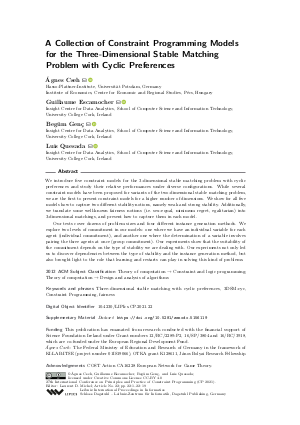LIPIcs.CP.2021.22.pdf
- Filesize: 1.05 MB
- 19 pages

 Creative Commons Attribution 4.0 International license
Creative Commons Attribution 4.0 International license















Feedback for Dagstuhl Publishing